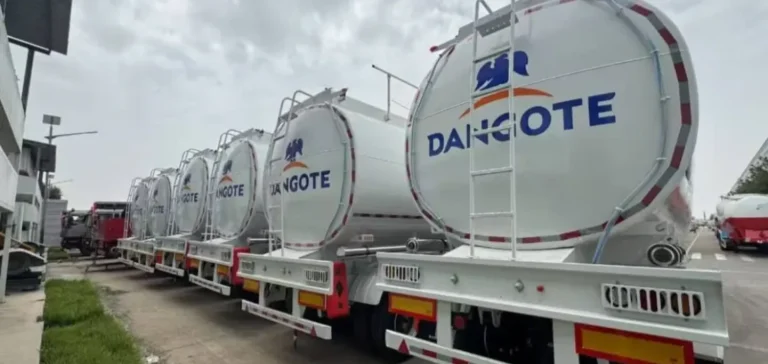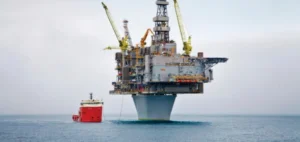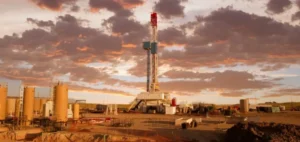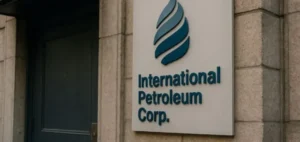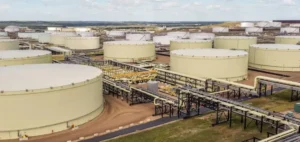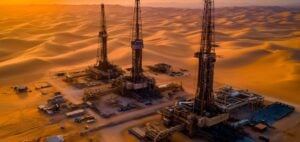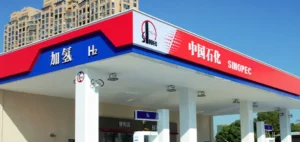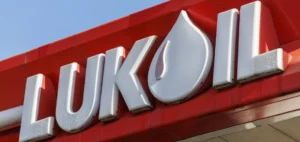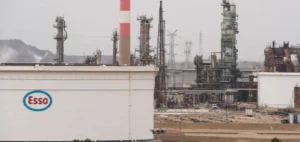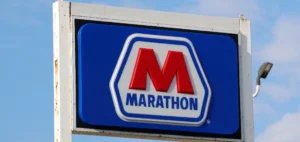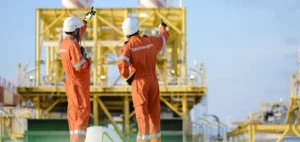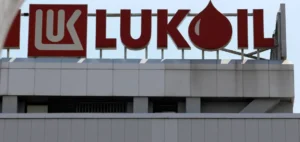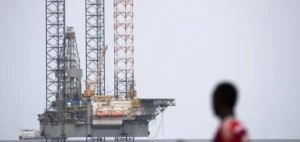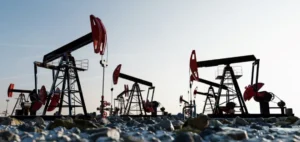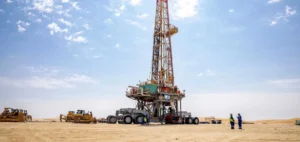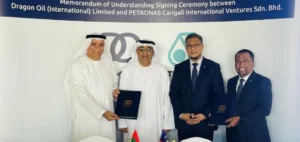Nigeria’s largest oil unions have launched a strike against the Dangote refinery, suspending fuel shipments from the Lekki site near Lagos. The action follows the company’s decision to deploy its own fleet of 4,000 trucks, reducing reliance on third-party logistics providers.
A logistics push alarming unions
The Nigerian Union of Petroleum and Natural Gas Workers (Nupeng) ordered its members to suspend all fuel loadings, citing threats to thousands of truck driver jobs. Nupeng argued that this internal reorganisation could distort competition by concentrating fuel distribution under one company’s control.
The union also accused Dangote Group of blocking unionisation efforts among its employees, in alleged violation of Nigerian labour laws. On September 5, its petroleum tanker drivers branch was instructed to withdraw services, with the first nationwide stoppages confirmed from September 8.
Pengassan support raises risk of broader shutdown
The Petroleum and Natural Gas Senior Staff Association of Nigeria (Pengassan) backed the strike, warning it could also halt operations if employees are not allowed to unionise. Its members play a critical role in export documentation and terminal operations across refineries and depots.
Market sources confirmed that several trucking firms have suspended operations at the refinery, fuelling concerns of renewed nationwide shortages. Nigeria’s federal government convened a meeting with the unions on September 8, though no official statement has been issued since the talks.
Delayed fleet rollout and competition tensions
Dangote initially targeted a mid-August launch for its compressed natural gas (CNG) truck fleet. Shipping delays from China, however, forced a phased rollout. Industry estimates suggest around 1,000 trucks have arrived at the refinery, with additional shipments expected in the coming weeks.
The labour dispute compounds existing operational setbacks at the refinery, the only large-scale functional plant in the country. A recent outage on the 150,000 barrels per day residue fluid catalytic cracker (RFCC) unit has curtailed gasoline production. The 120,000 barrels per day reformer continues to operate, alongside units producing diesel, jet fuel and residual fuel, part of which is exported.
Mounting pressure on market operators
Beyond logistics, unions are opposing new fiscal measures set to take effect in January 2026. The reform would raise taxes on imported fuels, a move Nupeng claims could further tilt competition in Dangote’s favour.
Designed to reduce Nigeria’s reliance on imported fuel, the refinery is seen as a major strategic asset. Yet growing social tensions around its operations highlight questions over governance and labour relations at the facility.


